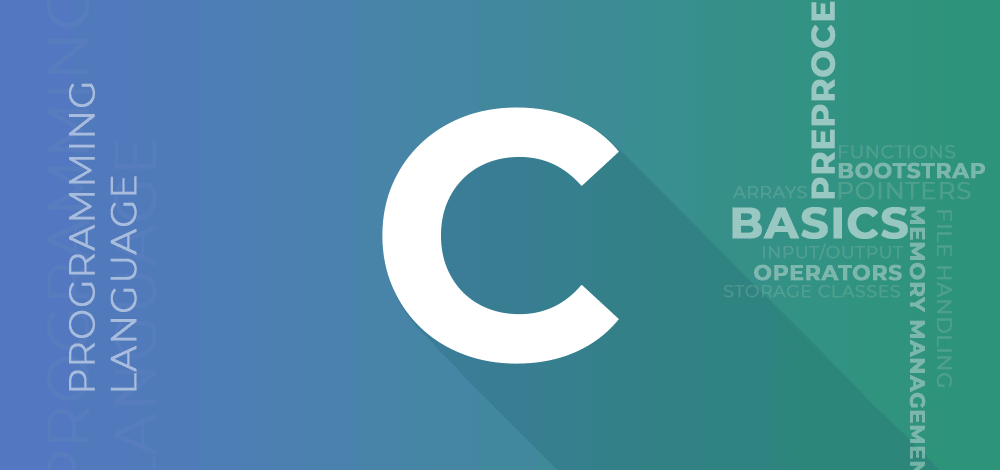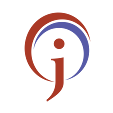c language course in Vizag
The basics of the C programming language are usually covered in a C language course, giving students a strong foundation in software development and computer programming ideas. An overview of what to anticipate from a standard C language course is provided below

Course Content:
- Introduction to Programming:
- Overview of computer programming concepts.
- Understanding the role of programming languages in software development.
- Introduction to the C programming language and its history.
- Basics of C Programming:
- Understanding the structure of a C program.
- Variables, data types, and operators.
- Input and output operations (scanf, printf).
- Basic control structures: decision making (if-else), loops (while, for), and switch-case.
- Functions and Modular Programming:
- Introduction to functions and their significance in modular programming.
- Function prototypes, parameters, and return values.
- Writing and calling functions in C.
- Recursion and its applications.
- Arrays and Strings:
- Understanding arrays and their declaration, initialization, and usage.
- Working with one-dimensional and multi-dimensional arrays.
- Manipulating strings: string handling functions, string input/output, and string manipulation.
- Pointers and Memory Management:
- Introduction to pointers and their importance in C programming.
- Pointer arithmetic and dynamic memory allocation (malloc, calloc, realloc, free).
- Working with pointers to arrays, strings, and structures.
- Structures and Unions:
- Defining and using structures to represent complex data types.
- Accessing structure members and nested structures.
- Understanding unions and their applications.
- File Handling:
- Reading from and writing to files using file handling functions (fopen, fclose, fread, fwrite).
- Sequential file processing: reading and writing records.
- Random file access: fseek, ftell, rewind.
- Advanced Topics (Optional):
- Preprocessor directives (#define, #include).
- Enumerations and typedef.
- Error handling and debugging techniques.
- Introduction to C libraries and header files.
c language course in vizag
Course Delivery:
- Classroom-Based Instruction: Traditional classroom-based instruction with lectures, demonstrations, and hands-on exercises led by an instructor.
- Interactive Learning: Engaging learning activities, group discussions, and problem-solving sessions to reinforce learning and encourage participation.
- Practical Assignments: Assignments and coding exercises to practice programming concepts and enhance problem-solving skills.
- Project Work: Real-world projects to apply learned concepts and develop practical programming skills.
c language course in vizag
Certification:
- Some C language courses may offer certifications upon completion, which can be beneficial for showcasing your proficiency in C programming to potential employers. However, it's essential to ensure that the certification is recognized and respected within the industry.
c language course in vizag
- Introduction to Programming:
- Expand on the importance of programming languages in modern technology and industry.
- Discuss the evolution of programming languages and the significance of C as a foundational language in computer science and software development.
- Basics of C Programming:
- Provide detailed explanations of variables, data types, and operators, including integer, floating-point, character, and boolean data types.
- Cover fundamental concepts such as variable declaration, assignment, and arithmetic operations with examples.
- Functions and Modular Programming:
- Highlight the benefits of modular programming and code reusability.
- Explore advanced topics like function prototypes, variable scope, recursion, and passing arguments by reference and by value.
- Arrays and Strings:
- Illustrate practical examples of array declaration, initialization, and manipulation.
- Demonstrate the use of arrays in various scenarios, including sorting, searching, and matrix operations.
- Deep dive into string handling functions, string manipulation techniques, and common string operations.
- Pointers and Memory Management:
- Provide comprehensive coverage of pointer concepts, including pointer declaration, dereferencing, and pointer arithmetic.
- Explain dynamic memory allocation and deallocation, emphasizing memory management best practices and potential pitfalls.
- Structures and Unions:
- Explore advanced data structures such as structures and unions, highlighting their role in organizing and representing complex data.
- Showcase practical examples of struct declaration, member access, and nested structures, along with real-world applications.
- File Handling:
- Offer practical insights into file handling operations, including opening, reading from, writing to, and closing files.
- Discuss sequential and random file access methods, file pointer manipulation, and error handling strategies.
- Advanced Topics (Optional):
- Introduce advanced C programming topics like preprocessor directives, enumeration types, and type definitions.
- Explore error handling techniques using assert statements, exception handling, and debugging tools.



















0 Comments
If you have any doubts,please let me know